Examining loss in Helen Teede’s “Unhomed” exhibition in which she reflects on the loss of her home in Zimbabwe.
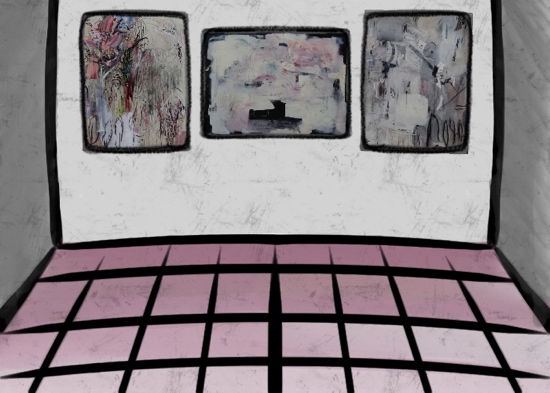
A large, strikingly painted canvas by Zimbabwean artist Helen Teede was one of the few paintings that struck a chord with me during Alserkal Avenue’s opening night last March. The artwork at hand, titled “Shifting Grounds”, created within me heightened emotions with the use of materials such as oil paint, graphite, rain, soft pastel, oil bar, and wax crayon. The piece is a part of Teede’s exhibition titled “Unhomed” at Showcase Gallery, which features abstract elements drawn from the artist’s distressing story of losing her home.
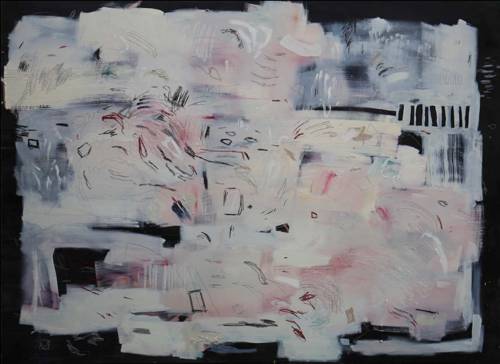
The story behind the exhibition centers on the effects of a crisis that occurred fifteen years ago in Zimbabwe – with how the government began seizing lands that belonged to white Zimbabweans after Mugabe claimed land reform. The title itself “Unhomed” was adopted from Homi K. Bhabha, the Anne F. Rothenberg Professor of English and American Literature in Harvard University, who has produced a series of books addressing the issues of cultural and racial differences. It is very much apparent why Teede would look to his ideas for inspiration. In his book “The Location of Culture”, Bhabha shares his divisive theory of post-colonialism and shares incidents that were faced by migrants, not to mention including recurring themes such as homelessness, which are also present in the artist’s paintings.
In addition, Teede’s paintings refer to the mental process in which she underwent during the time her home was claimed by the Zimbabwean government. Her artistic motives were underpinned by a push and pull factor, thus further serving as the inspiration to her creative approach. The abstract drawings provide a narrative to her story, while the notes in the paintings underline memories she experienced while still inside the haven of her home.
Pieces like “Soul Structures (v)” and “Soul Structures (i)” illustrate disorder and instability, which show how Teede initially channeled her feelings by capturing moments when moving around her previously owned land. Though before the artist drew anything on the canvases, she would leave them outdoors to be stained by the rain as a background.
For me, the paintings invoked a feeling of utter tranquility and collectiveness. When staring at her creations, it more or less feels like being immersed in another space that is not attached to the constraint of time. And even though they are a testament to her anguish, it seems that Helen Teede was successful in engraving her memories of home into her art.
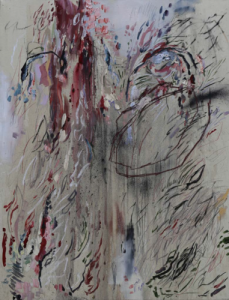
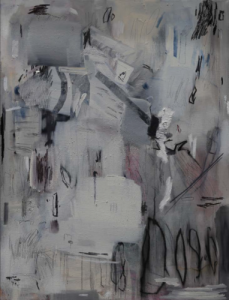

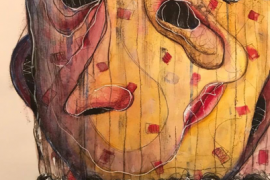

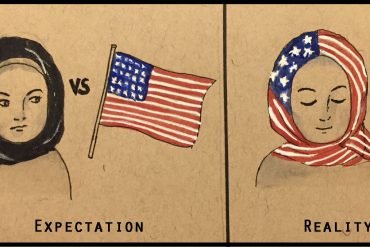
Wow! This is a great post. Thanks for shearing us your ideas. this is really informative post. Your pictures are so beautiful. Again thanks a lot.
Thota Vaikuntam
Thota Vaikuntam Paintings
I have never been able to see such an incredible art piece which has been the most beautiful one that I have ever seen. I am really desperate to see these types of art works.